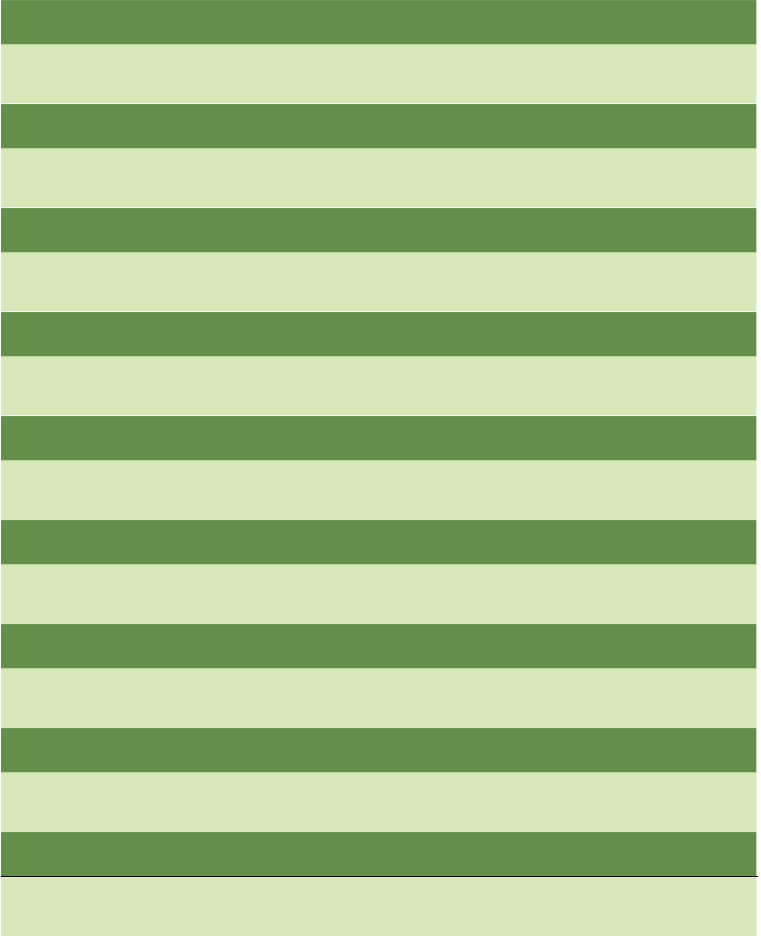Travel Reference
In-Depth Information
1644
Manchu troops pour through the pass at Shānh
ǎ
iguān to impose the Qing dynasty on China.
Běijīng is known in Manchu as Gemun Hecen.
1793
British diplomat Lord Macartney visits Běijīng with British industrial products, but is told by the
Qianlong emperor that China has no need of his goods.
1850-68
The Taiping Rebellion blazes north and east across China, killing an estimated 20 million people.
Rebels fail to reach Běijīng, but establish their 'Heavenly Capital' in Nánjīng.
1898
Emperor Guangxu permits major reforms, including new rights for women, but is thwarted by the
Dowager Empress Cixi, who has many reformers arrested and executed.
1900
Boxer rebels commence the siege of the Foreign Legation Quarter. The Hànlín Academy is acci-
dentally burned down by rebels trying to flush out foreigners in the British Legation.
1905
Major reforms in the late Qing, including the abolition of the 1000-year-long tradition of examina-
tions in the Confucian classics to enter the Chinese bureaucracy.
1908
Two-year-old Puyi ascends the throne as China's last emperor. Local elites and new classes such
as businessmen no longer support the dynasty, leading to its ultimate downfall.
1911
The Qing dynasty collapses and the modernisation of China begins in earnest; Sun Yatsen (fun-
draising in America at the time) is declared president of the Republic of China.
1912
Yuan Shikai, leader of China's most powerful regional army, goes to the Qing court to announce
that the game is up: on 12 February the last emperor, six-year-old Puyi, abdicates.









